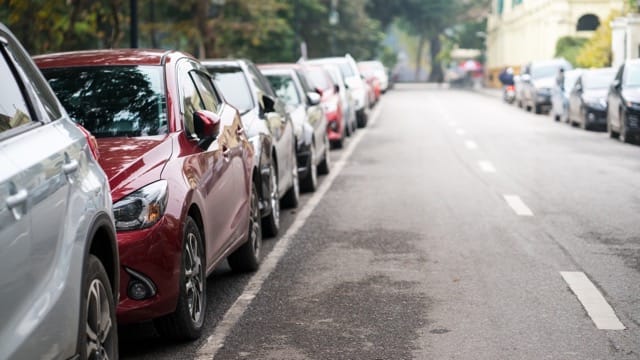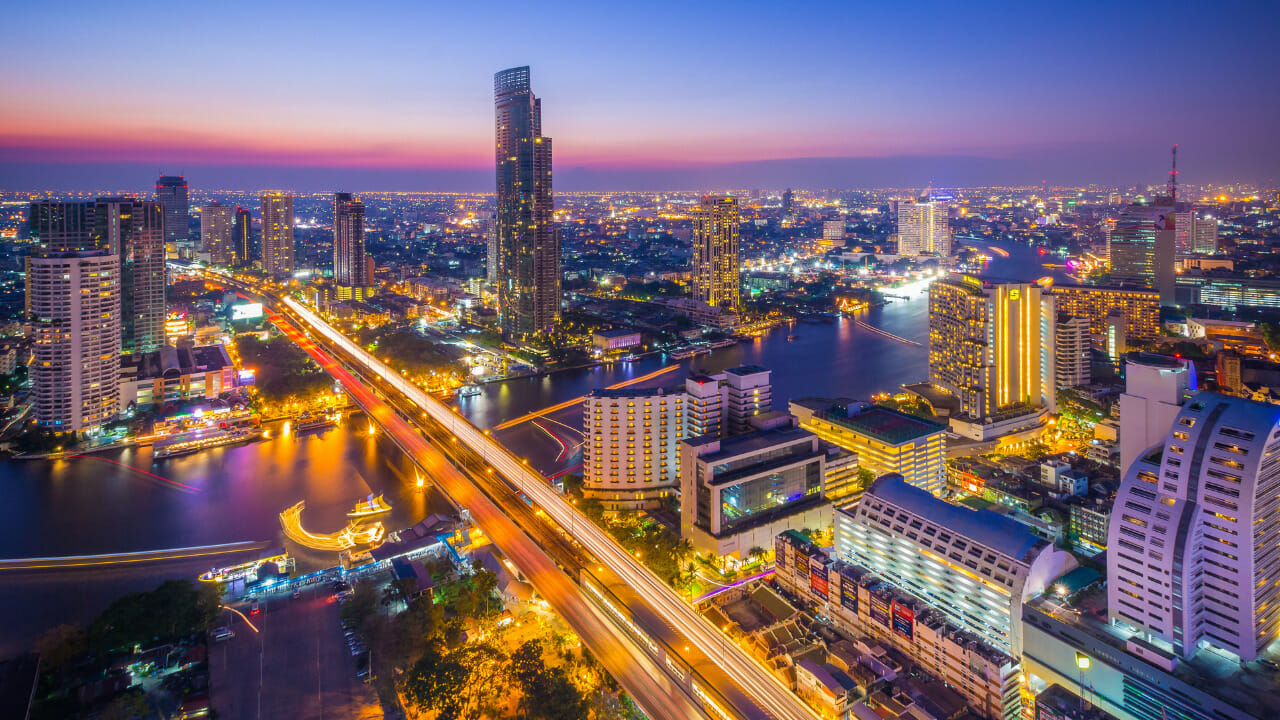Cashless societies are becoming increasingly popular in some parts of the world. In the past few years, cashless payment systems have been on the rise. In fact, a recent study showed that only 25% of global transactions were done using actual money! Pretty crazy right? With more and more people going “cash-lite” every day, we may see this method as standard procedure in all public places such as shopping malls, stadiums, or even street parking spaces.
Advantages of moving to cashless
From a consumer standpoint, cashless transactions are very convenient because there is no need for physical access to any type of currency. Another benefit that many people see in going cashless, is being able to connect all their accounts into one application which gives them better control over their finances instead of having multiple bank statements lying around collecting dust. Furthermore, cashless transactions can save money because there is no need to pay bank fees and other associated costs like ATM withdrawal fees; hence the cost savings benefits could be passed onto consumers in terms of lower prices for goods and services. Some businesses will also offer discounts for customers who choose to go cashless as it is more convenient for them.
One of the most significant pros is that cashless payments are more secure than using physical money as there is no need to carry large amounts of it around on your person. This also makes transactions easier and safer for both consumers and traders, cutting down on frauds involving counterfeit banknotes which significantly reduce profits in some businesses such as local corner shops that only accept cash due to the cost-effectiveness of this payment method compared with debit cards or electronic transfers. A cashless society would be beneficial for international business transactions where bartering goods/services across borders can prove difficult without an instantaneous way to pay via credit card or Bitcoin. Although not all countries have access to these methods yet.
How does KERB work in a cashless society?
Cashless parking in the form of a mobile app, like KERB, is becoming more and more common. It’s an easy way to eliminate cash, paper tickets, and even coins from your monthly expenses by eliminating the need for payment altogether. You can even receive a push notification when your parking is about to expire, so you never have to stress about finding time to return and pay for another session. Cashless parking is also beneficial for the environment since you don’t have to use paper tickets, which are often thrown away after they’ve been used. You can simply enter and exit the parking area through your mobile app.
Cashless payment systems such as KERB, help people eliminate cash from their daily expenses while also allowing them to pay for things without a card or other device that has been linked to an online bank account which could be unsafe if you lose it. Cashless transactions are not only convenient but also very secure. In this type of system, there’s no need to enter your credit card details or personal information which makes it a great option for those who are concerned about security. KERB makes the process easier and more efficient while saving businesses money in the long run by cutting out unnecessary fees that they would normally have to pay. It also means that spaces may be used more efficiently and congestion in certain areas of town should be reduced. This is good news for all who live or work near retail establishments where parking can oftentimes become scarce.
Cashless systems make life easier for everyone involved whether we’re talking about businesses or consumers, as more and more people become accustomed to using mobile apps for payments. This can even lead to entirely new types of technologies being used by all major cities with advanced infrastructures, such as smart meters or even smart roads. The future is certainly exciting!






